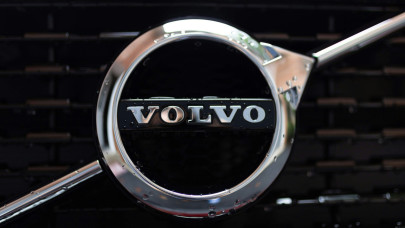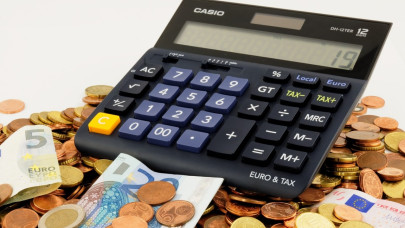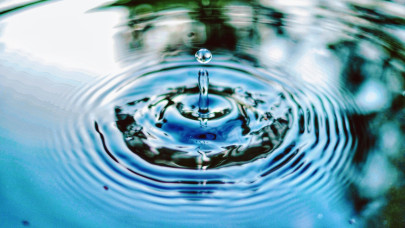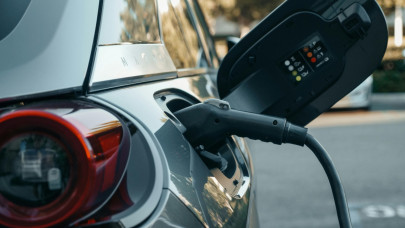In 2022, authorities from the 30 participating countries of the Safety Gate network (EU Member States, Norway, Iceland, and Liechtenstein) reacted to 2,117 alerts with 3,932 follow-up actions. In every Member State, the market surveillance authority followed up on the alerts regularly and exchanged additional information. 84% of follow-up actions included additional national measures. For example, the Austrian market surveillance authorities detected a toy containing easily detachable parts, which presented a choking risk for children. Following notification from the Austrian authorities on Safety Gate, the Slovenian authorities identified the toy on their market, and retailers were able to swiftly recall the product.
In 2022, risks related to chemical substances, injuries, and choking were the most notified. The list of most common product categories notified was topped by toys, followed by motor vehicles, cosmetics, clothing, and electrical appliances. Last year, cosmetic products had a significantly higher number of alerts related to the presence of recently banned chemical substances in perfumes and creams.
However, the sharp rise of alerts related to chemical risks was not only due to cosmetics, as chemical risks were identified in a wider range of products. Certain toys, for example, had an excessive concentration of phthalates, which poses risks to the reproductive system.
“Safety Gate has proven to be an extremely reliable tool for market surveillance authorities to keep consumers safe and dangerous products off the market, regardless of whether they are on a shelf or an online cart. New challenges require new solutions - this important platform has helped us maintain a swift and efficient exchange of information, as we continue the work to adapt our tools to the digital age, as well as to increase cooperation among national authorities”, says Didier Reynders, Commissioner for Justice.
On 30 June 2021, the Commission presented a proposal for a new General Product Safety Regulation, which will replace the current General Product Safety Directive. The Regulation will modernize the general framework for the safety of non-food consumer products, maintaining its role as a safety net for consumers, and ensuring that the safety challenges posed by new technologies and by the growth of online sales are met.
The General Product Safety Regulation will help ensure that only safe products are sold in the EU, both online and in shops, in the EU or elsewhere. It will significantly improve the enforcement of product safety rules, streamline market surveillance, and the recalling of dangerous non-food products.
Since 2003, the Safety Gate has enabled a quick exchange of information among EU/EEA Member States and the European Commission about dangerous non-food products posing a risk to the health and safety of consumers. Appropriate follow-up actions can be taken and products can be removed from the market.
To facilitate the circulation of information to the public, the Commission also manages the Safety Gate public website, which has a modern and user-friendly interface to ease the notification process. Pages are translated into all EU languages, in addition to Icelandic, Norwegian, and recently also Arabic and Ukrainian. Businesses can also use the Business Gateway to inform national authorities quickly and efficiently about security concerns regarding a product that they have put on the market.
The Product Safety Pledge also sets out specific voluntary actions for marketplaces to remove offers of unsafe products from their platforms. 11 online marketplaces have already signed this agreement: bol.com, eMAG, Wish.com, AliExpress, Amazon, eBay, Rakuten France, Allegro, Cdiscount, Etsy and Joom. The latest progress report of the Product Safety Pledge is available online.
Last year, the Commission also launched a new e-surveillance tool called “web crawler”. The tool aims to further support national authorities in the detection of online offers of dangerous products signaled in Safety Gate. It identifies and automatically lists any of these offers, allowing enforcement authorities to track down the provider and order the effective withdrawal of these offers, helping to harmonize actions and address the challenges of monitoring the online sales of dangerous products.
In the past 6 months, the tool has helped process 939 alerts, which resulted in almost 616,000 websites analyzed.













